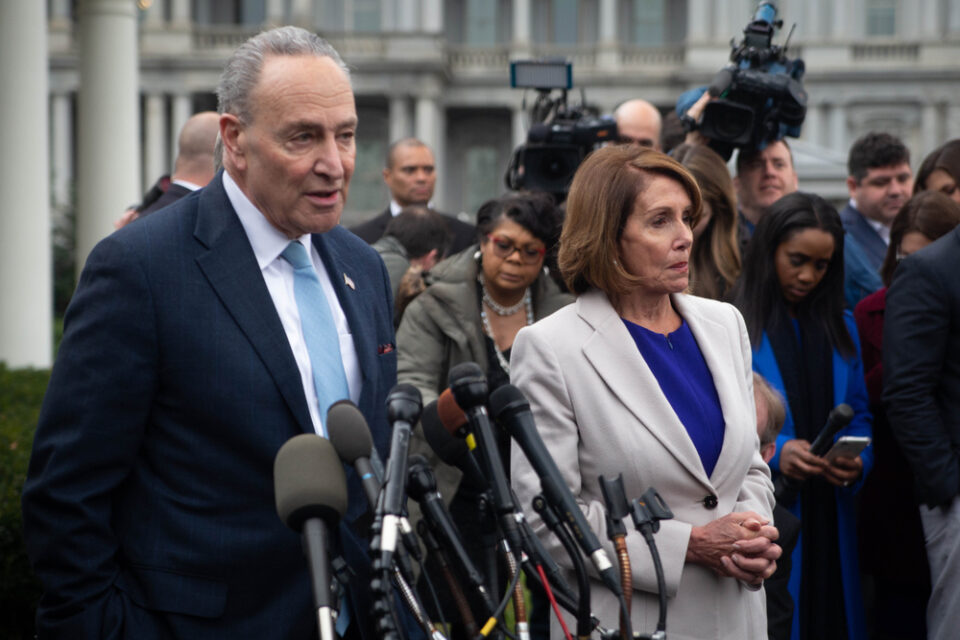Senate Democrats have rolled out a new constitutional amendment proposal that would impose term limits on Supreme Court justices—because nothing says “let’s fix the system” like targeting one branch of government while conveniently leaving Congress untouched. Sens. Joe Manchin of West Virginia and Peter Welch of Vermont spearheaded the bill, which would limit Supreme Court justices appointed in the future to 18-year terms. Interestingly, Manchin, who has already irked progressive Democrats by derailing their National Labor Relations Board ambitions, seems intent on stirring the pot once again.
The idea might sound good on paper to those itching for reform, but it’s skating on some pretty thin constitutional ice. Article III of the Constitution, after all, guarantees life tenure for federal judges. But let’s say this patchwork idea somehow makes it through. It would usher in a system where a new justice is appointed every two years, conveniently aligning Supreme Court vacancies with presidential election cycles. Translation? Judicial appointments could become the next big campaign season circus—because, clearly, what America needs is more partisan drama.
Proponents of the bill argue that it would “cool down” the temperature of Senate confirmation hearings. Sure, because nothing calms political tensions like doubling down on the stakes of every presidential race. With guaranteed Supreme Court appointments every term, the power of the executive branch would effectively grow even more. Imagine the judicial pendulum swinging wildly every four years, undermining the very stability and independence the court is supposed to represent. Critics warn this could turn the Supreme Court into a partisan yo-yo, with its rulings mirroring the political whims of the Oval Office.
Opponents of the legislation also point out that the Supreme Court is functioning just fine without these so-called reforms. Despite its Republican majority, the current court has delivered a remarkable number of unanimous decisions—15 out of 18 rulings earlier this term. Split decisions driven purely by ideological divides have been relatively rare, yet Democrats pushing this bill insist there’s some pressing need for change. To critics, it feels more like a political vendetta against a conservative-leaning judiciary than a genuine attempt to improve the system.
Then there’s the question of incentives. If justices are limited to 18 years, what happens when they rotate off the bench? Some worry they’ll be tempted to cash in on their tenure through book deals, speaking gigs, or other lucrative opportunities—potentially influenced by decisions they made while still on the court. It’s not like the legislative branch has set a glowing example here; Congress has already earned a reputation for insider trading so blatant that it’s inspired memes and even stock-tracking apps. If term limits create similar incentives for justices, the whole plan could backfire spectacularly, leaving the court just as politicized and self-serving as the body proposing these reforms.

